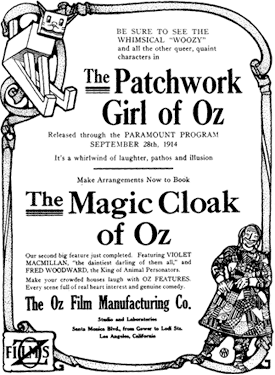I suspect people will recognize the following scene. It's from page 458 of the U.S. edition of Harry Potter and the Order of the Phoenix, the fifth volume of J. K. Rowling's monumental fantasy series.
“Did you kiss?” asked Hermione.
Ron sat up so fast that he sent his ink bottle flying all over the rug. He stared at Harry. “Well?”
Harry looked from Ron’s wide eyes and smirk to Hermione’s slight frown. He nodded.
“HA!” Ron pumped his fist and guffawed loudly enough to make several second years over by the window jump. He rolled around on the hearthrug, laughing.
Reluctantly, Harry grinned. Hermione gave Ron a sour look and returned to her letter.
“Well?” Ron peered up. “How was it?”
Harry considered for a moment. “Wet.”
The snort Ron let out may have indicated jubilation or disgust, Harry couldn’t tell. “Because she was crying,” he added.
“Oh.” Ron’s smile faded. “Are you that bad at kissing?
“Dunno.” Now Harry felt rather worried. “Maybe I am.”
“Of course you’re not,” said Hermione, still scribbling away.
“How do you know?” Ron demanded.
“Because Cho spends half her time crying these days. She does it at mealtimes, in the loos, all over the place.”
Ron grinned. “You’d think a bit of kissing would cheer her up.”
“Ron,” said Hermione in a dignified voice, dipping the point of her
But this isn't really page 458 of
HP5. All the dialogue is the same, and all the dramatic details are there; it's a rather nice scene, with a lot going on among the three principal characters and real feeling for adolescent anxiety. But I took the liberty of cutting words and phrases that didn't seem necessary to me. Anyone with a copy of
HP5 (and I understand there were a few sold) can assess whether I missed important points in the original.
That original is 250 words, 31 lines. The version above is 192 words (23% shorter) and 22 lines (29% shorter). Now tight writing is supposed to be crucial for magazine articles and for picture books, and helpful for new novelists. But if you're already a bestselling author, what's the benefit of cutting unneeded words?
Let's imagine if the whole of
HP5 were only 10% shorter. Its text runs 870 pages, so that would be a saving of 87 pages. It would still be one very large children's book, especially by the standards of only a decade ago, but that's a lot of pages to save. An entire middle-grade novel, in fact.
And then there are
HP5's out-of-this-world sales to consider. The British edition sold 12 million copies in 2003, according to the
Telegraph, and
CNN reported similar numbers for the US. The book will sell for many years to come in different editions, but let's start with the 24 million figure. That number of copies times 87 pages, divided by two since each sheet of paper holds two pages, means that shortening HP5 by 10% would have saved 1,044,000,000 sheets of paper. Harry would call that "one hundred million," but since I'm American I call it a billion.
Conservatree.com estimates that a single tree can produce a bit over 8,000 sheets of copy-grade paper. That may not be the exact figure for book stock, but it's close enough. (
Environmental Defense has an algorithm for calculating such usage as well.) It took approximately 130,000 trees to produce the 1,044,000,000 sheets of paper filled by 87 pages of
HP5--pages which may not have been necessary.
It seems apropos to note that this month Random House, the largest US publisher, has made a plan to
increase its use of recycled paper to 30% by 2010. At that level, the company expects to save "more than 550,000 trees annually." Might we writers do our part by making sure we don't use any extraneous words?
The Reagle Players of Waltham, Massachusetts, will host a "Wizard of Oz Sing-a-Long" on Saturday, 3 June: 1939 MGM movie, master of ceremonies, bag of props, and thoughts of how far Baby Boom parents have come since The Rocky Horror Picture Show.




